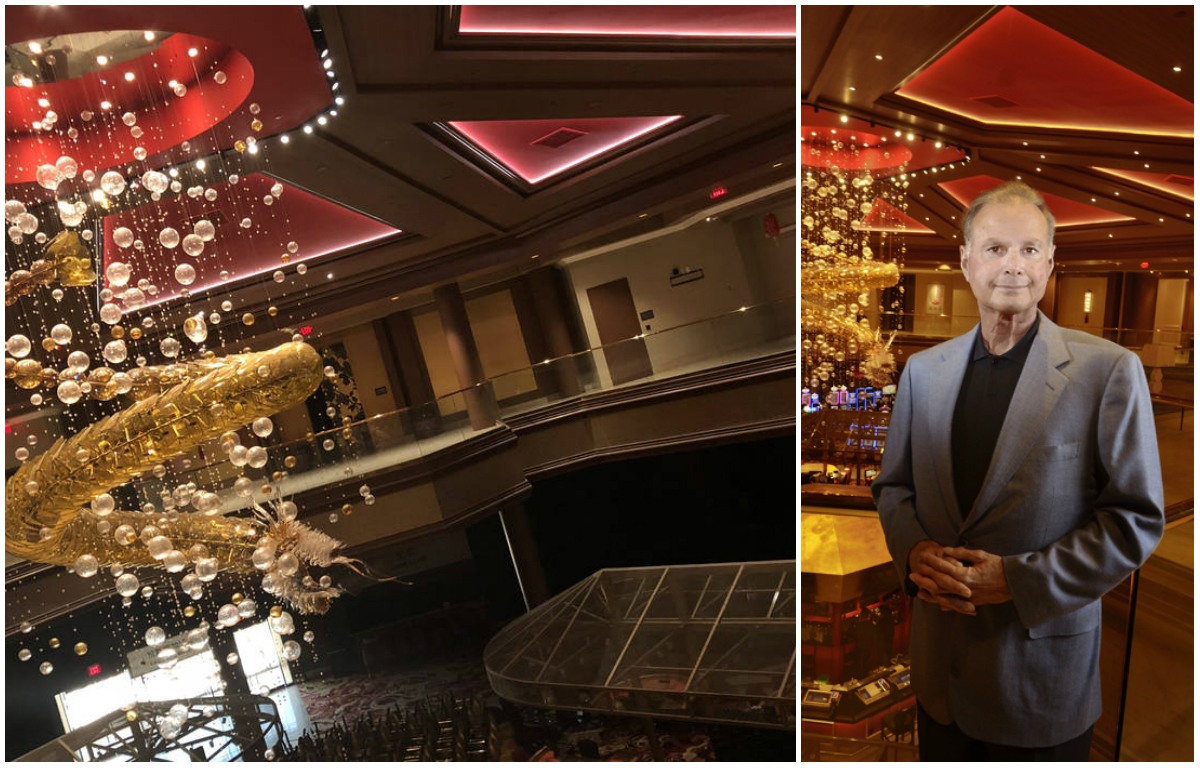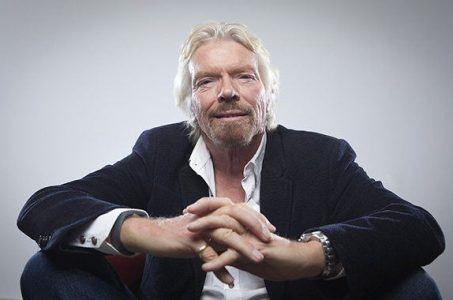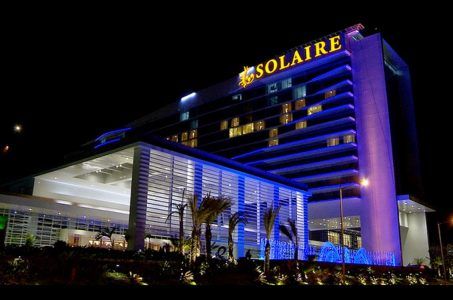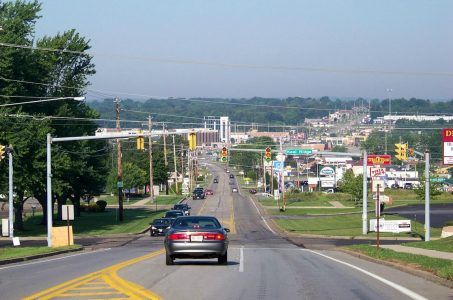Lucky Dragon Las Vegas Files to Close Hotel After Unsuccessful Auction
Posted on: September 18, 2018, 10:00h.
Last updated on: September 18, 2018, 06:46h.
Owners of the Lucky Dragon in Las Vegas have asked a US bankruptcy court for permission to close its 203-room hotel after an auction held last week turned up fruitless.

Developer Andrew Fonfa defaulted on a $90 million loan in January issued by San Francisco real estate investment group Snow Covered Capital (SCC). After no qualified bids were submitted during the September 10 auction, SCC has asked US Bankruptcy Court District of Nevada Judge Laurel Babero to allow the group to suspend hotel operations.
SCC says approval will allow the company to easier take full control of the distressed resort and former casino.
The $165 million Lucky Dragon opened in November 2016, but the Asian-themed off-Strip property on West Sahara Avenue struggled to keep its 27,500-square-foot gaming floor busy. The casino and most restaurants shuttered in January 2018, and Fonfa filed for bankruptcy the next month.
Should Babero approve of SCC’s request, the company says the hotel will shut down “immediately” and payments to employees and vendors would be discontinued.
Foreign Matters
The legal and fiscal complexities surrounding the Lucky Dragon are vast due to the way the casino resort was financed. Fonfa attracted 179 foreign investors through the federal EB-5 visa program, which affords internationals the possibility of permanent US residency status for themselves and their families in exchange for an investment of $550,000.
Conditions apply, such as the requirement that the investments are made in businesses situated in high unemployment areas, and the companies generate jobs. The visa program also mandates that investors maintain their ownership stakes for a certain number of years.
With the Lucky Dragon in bankruptcy, the permanent residency status for the 179 families is in jeopardy. Attorney Ryan Works, who is representing the foreign investors, says he’s “hopeful we can preserve some equity for these folks, but also I’d like to see the immigration process succeed for all.”
Dragon Slayer
The Lucky Dragon was the first casino fully committed to targeting the Asian Las Vegas visitor. Each guestroom featured a mural designed to stimulate “peace and tranquility of ancient China.”
Resort staffers spoke a variety of Asian languages, and the casino floor was heavy on baccarat, pai gow, and sic bo. The restaurants were also purely Asian, with a culinary assortment ranging from sushi and dim sum to offering Southern Nevada’s first tea sommelier.
But located far north of the Strip’s main drag in an area that’s become known as Las Vegas’ Bermuda Triangle wasn’t exactly conducive to pedestrian traffic. The visitors that did come complained about poor comps compared to other casinos, most specifically nearby SLS Las Vegas.
In an investigative piece published last December by the Las Vegas Review-Journal, journalist Todd Prince reported that while the Lucky Dragon casino floor was rather barren, SLS baccarat tables were lively the same day. Asian gamblers at the Strip casino told Prince that Lucky Dragon simply didn’t offer enough promotional draws or other incentives to keep their business.
Related News Articles
Most Popular
FTC: Casino Resort Fees Must Be Included in Upfront Hotel Rates
Genovese Capo Sentenced for Illegal Gambling on Long Island
NBA Referees Expose Sports Betting Abuse Following Steve Kerr Meltdown
UPDATE: Former Resorts World & MGM Grand Prez Loses Gaming License
Most Commented
-
UPDATE: Whiskey Pete’s Casino Near Las Vegas Closes
— December 20, 2024 — 30 Comments -
Caesars Virginia in Danville Now Accepting Hotel Room Reservations
— November 27, 2024 — 9 Comments -
UPDATE: Former Resorts World & MGM Grand Prez Loses Gaming License
— December 19, 2024 — 8 Comments -
FTC: Casino Resort Fees Must Be Included in Upfront Hotel Rates
— December 17, 2024 — 7 Comments
















No comments yet